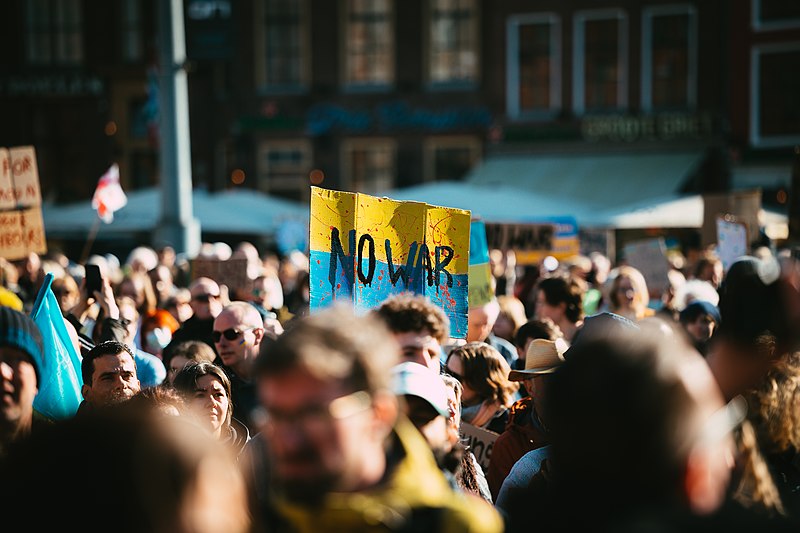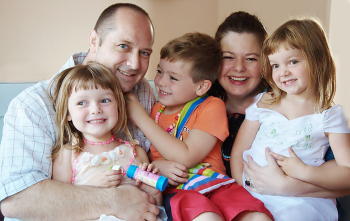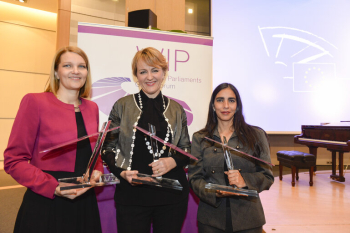
Study Overview
The sociological survey conducted by the «LLI» company from December 13-15, 2024, under the supervision of the Centre for European Democracy Studies, provides a comprehensive snapshot of societal, political, and economic attitudes among Ukrainians.
It encompassed 15,088 respondents from various regions in Ukraine (excluding occupied and front-line areas) and among Ukrainian refugees abroad. The data collection methods balanced face-to-face interviews and telephone surveys via the "IQR" system, ensuring a representative sample with a margin of error of ±1.5%.
Key Findings
- Demographics:
- Age Distribution: Respondents aged 18-25 constituted 13.47%, while the largest group, 56-65 years, accounted for 19.94%.
- Gender Representation: Women made up 60.47% of respondents, compared to 39.53% men.
- Geographical and Cultural Insights:
- Regional Representation: Participants were drawn from Ukraine's West (29.22%), Center (25.97%), Kyiv (6.56%), Southeast (22.56%), and abroad (15.94%).
- A division in Christmas celebrations was observed with 50.83% will celebrate on December 25, while 18.94% will celebrate on January 7, and 17.70% of respondents will celebrate on both dates.
- Political and Electoral Attitudes:
- Election Preferences: 65.15% of respondents supported re-electing both the President and parliament, reflecting a strong interest in political renewal.
- Issues of National Concern: The war dominated concerns, with peace negotiations being a recurring theme. Corruption (43.84%) and economic challenges (low wages and high prices) also featured prominently.
- Economic Outlook:
- Financial Struggles: 41.85% stated they could manage household expenses but found it difficult to afford more, while 9.26% expressed significant financial strain.
- Perceived Economic Direction: A majority felt the country was either stagnating or moving in the wrong direction.
- War and Peace:
- War Sentiments: Responses revealed pessimism, with only 19.92% believing Ukraine is likely to win outright. Immediate peace negotiations gained considerable support, especially among those abroad (91.21%).
- Mobilization Concerns: Lowering the mobilization age was opposed by 88.96% of respondents.
-
Respondents also answered the question: "What elements of the security and defense system can protect Ukraine from future wars?" The top response, with 25.11%, was the return of Ukraine to the nuclear club through the development of tactical nuclear weapons. This was followed by the development of domestic weapons production at 24.04%, and the creation of a professional army at 22.95%. Society is beginning to understand that it needs to rely more on its own strengths.
- Foreign Relations and Assistance:
- International Influence: 71.65% agreed the U.S. position affects Ukraine’s situation, and respondents largely supported continued military aid.
- NATO Membership: A significant number viewed NATO integration as a priority for future security.
- Social Trust and Media:
- Information Sources: Telegram was the most trusted platform (21.48%), followed by Facebook and Instagram. Social media outweighed traditional media for reliability among respondents.
Critical Analysis
This research highlights the multifaceted challenges facing Ukraine, including war-related uncertainties, economic instability, and governance concerns. The results underline:
- A clear demand for political accountability and action on corruption.
- Divisions in public opinion on immediate peace versus prolonged conflict for territorial integrity.
- An overarching concern for survival amidst economic and security pressures.
The study effectively captures diverse perspectives, offering valuable insights into public sentiment during a critical period in Ukraine's history. However, the reliance on technology for data collection, particularly among displaced populations, raises questions about the inclusivity of marginalized voices without technological access.
Conclusion
This sociological snapshot serves as a vital tool for policymakers, NGOs, and international partners in understanding and addressing the Ukrainian populace's needs and priorities. Future research could expand on marginalized groups’ perspectives and assess longitudinal shifts in attitudes. Photo by Mark Vletter from Netherlands, Wikimedia commons.
The full text of the study can be found here:

















